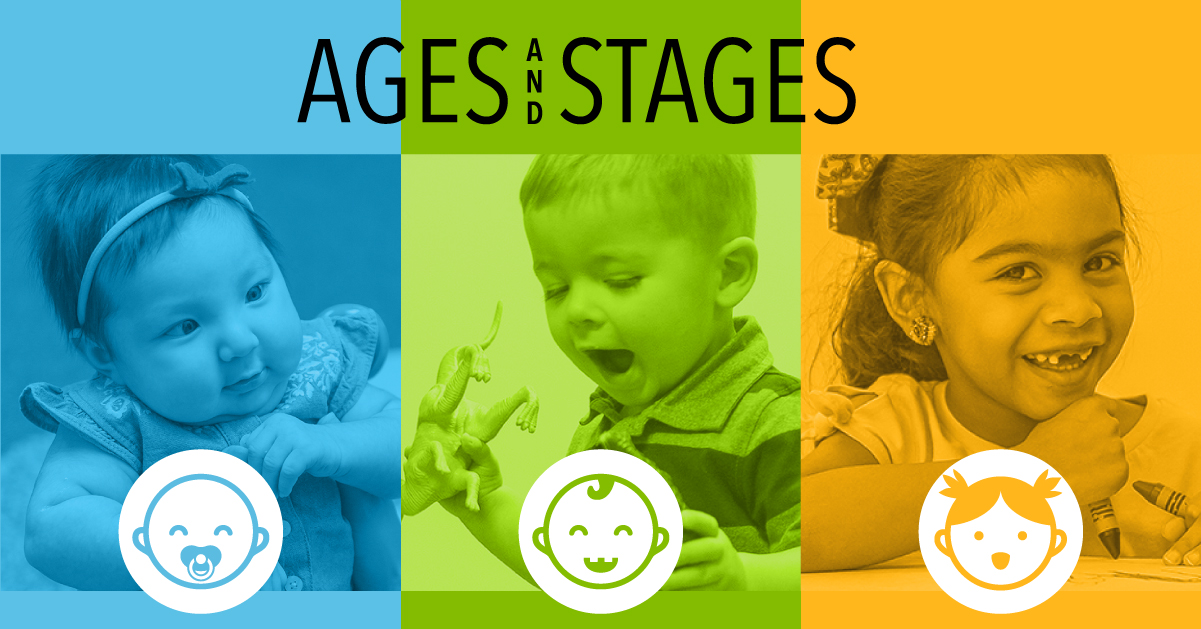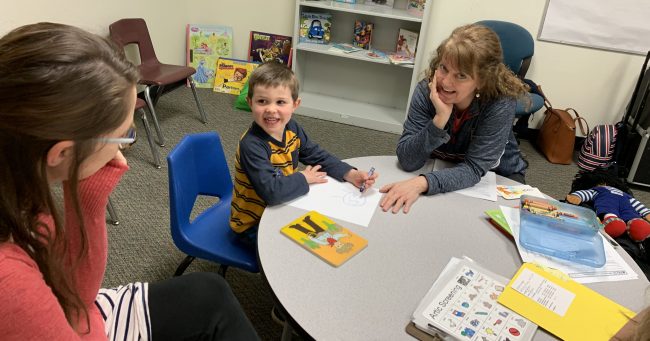
First Things First has revised our online Ages and Stages content for families with young children to reflect recent updates to developmental milestones from the Centers for Disease Control and Prevention (CDC) and the American Academy of Pediatrics (AAP).
The updated milestones indicate the ages by which most children — 75% or more — are expected to have met them. In the previous version, written 15 years ago, only half of children were expected to meet a milestone at a given age.
This important change is intended to prevent unnecessary concern among parents while also encouraging them to act early if their child is missing one or more milestones or has lost a skill they once had. Rather than taking a “wait and see” approach, parents with concerns are encouraged to talk with their child’s doctor and ask about developmental screening.
Routine developmental screening is recommended by the AAP for all children during well-child visits at 9, 18 and 30 months, along with autism screening at 18 and 24 months.
Age and Stages
Based on the CDC’s milestone checklists and “Learn the Signs, Act Early” materials, FTF’s Ages and Stages is available to help Arizona families know if their young child is meeting typical milestones and what to do if they have concerns. Available in English and Spanish, it also offers tips and activities to help children learn and grow at each age and stage of their development.
Developmental milestones are the things most children can do by a certain age. How a child plays, learns, speaks, acts and moves offers important clues about their development.
All children develop differently, and missing a milestone doesn’t always mean that a child has a development delay.
Important notes from the CDC
- The changes made to the CDC’s milestone checklists do not reflect an observed change in developmental trajectories of children in the population. CDC did not lower any standards for early childhood development or propose any changes to how children are evaluated for developmental delays or disabilities.
- CDC’s Learn the Signs. Act Early. materials for tracking developmental milestones are not developmental screening tools, standards or guidelines. They are intended as communication tools to promote developmental monitoring and encourage conversations between parents, doctors and early childhood providers about child development.




